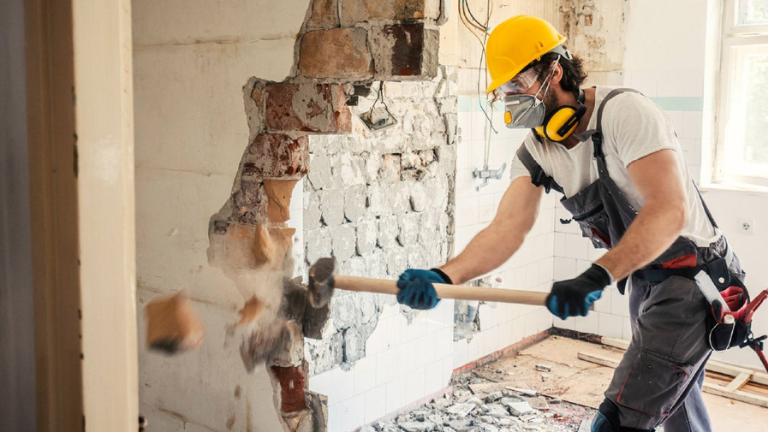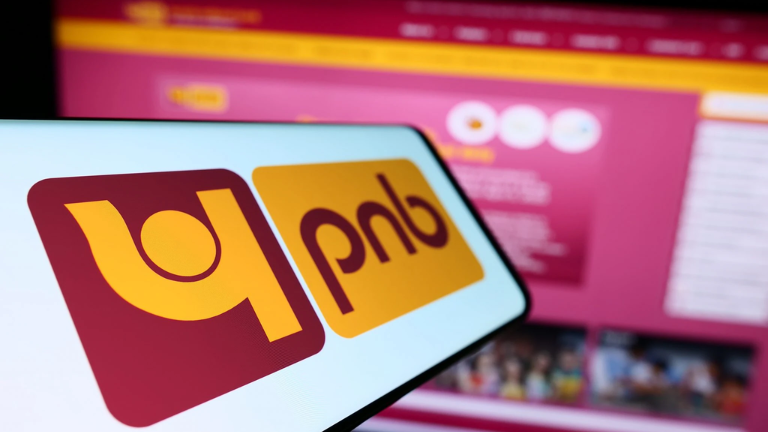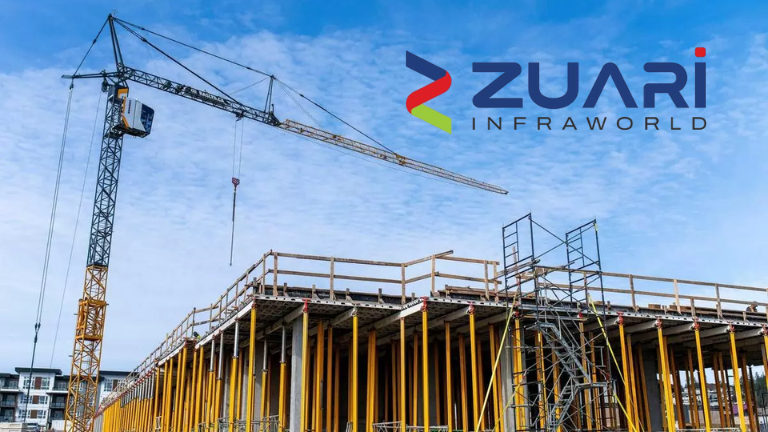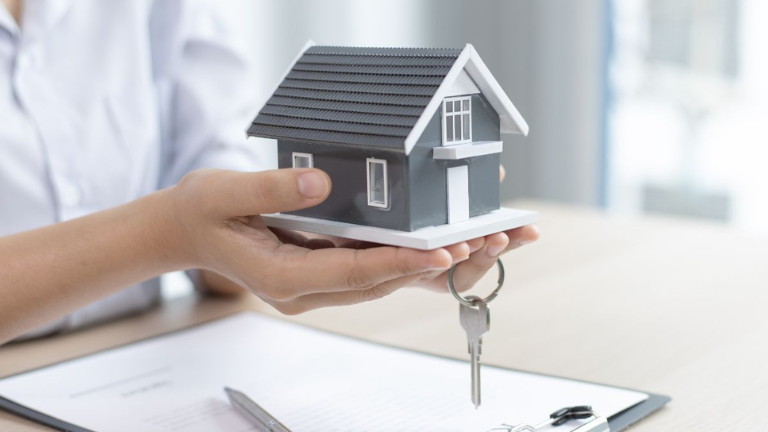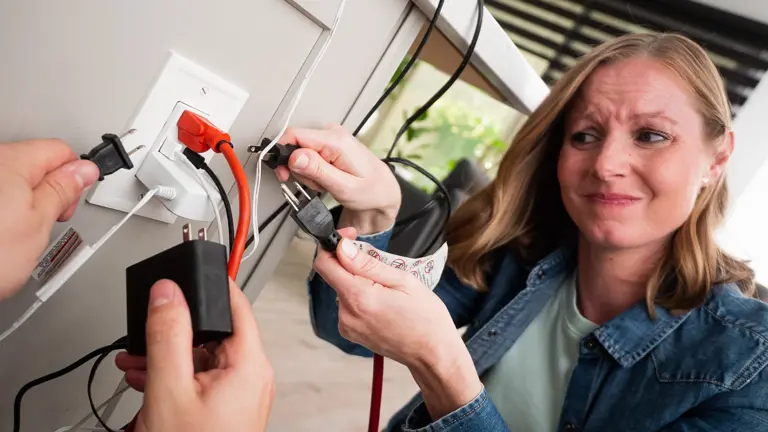Home Improvement Scams: How Fraudulent Contractors Take Your Money and Leave Work Unfinished
Hiring a home improvement contractor can be stressful, especially after a storm, flood, or major weather event when many homeowners are looking to make urgent repairs. Unfortunately, home improvement scams take advantage of this demand, using high-pressure sales tactics, upfront payment requests, and disappearing acts to leave homeowners with unfinished or low-quality work.
While home improvement scams spike after natural disasters, they can happen at any time. Knowing the warning signs and how to protect yourself can save you time, money, and frustration.
How Does Home Improvement Scams Work?
Home improvement scams often begin with a knock on the door, a flyer, or an online ad offering a low-cost, quick solution for your home repair needs.
Common Scam Tactics:
🔹 The Leftover Supplies Trick – The contractor claims they just finished another job in your area and have leftover materials, offering you a discounted rate.
🔹 Low Price, High Pressure – They rush you to decide, insisting that their special rate is limited-time only.
🔹 Hidden Costs & Fake Problems – After starting the work, they claim to have “discovered” additional issues that will significantly raise the cost.
🔹 Deposit Scams – They demand full or partial payment upfront but never return to complete the job.
🔹 Insurance Fraud – After a disaster, they convince homeowners to sign over their insurance checks, then disappear without completing repairs.
🚨 Real Scam Experience: A homeowner shared the following experience with BBB Scam Tracker:
💬 “He requested cash to purchase the materials. He came to pick up the cash and said he would schedule the job. After numerous text messages promising to find a schedule, he never showed up. When I asked for a refund, he agreed but then disappeared again.”
These fraudulent tactics leave homeowners frustrated, out of money, and stuck with unfinished projects. Avoiding home improvement scams starts with recognizing these warning signs early.
How to Protect Yourself from Home Improvement Scams?
1. Watch for Red Flags 🚩
If a contractor exhibits any of the following behaviors, be extremely cautious:
❌ Cash-only payments – Scammers prefer untraceable cash transactions.
❌ High-pressure sales tactics – They insist you sign a contract immediately.
❌ No written contract – Handshake deals are risky and leave no legal protection.
❌ Demanding full payment upfront – A legitimate contractor won’t require full payment before starting the work.
❌ Unlicensed or uninsured businesses – Always verify licenses and insurance.
📌 Tip: Not all “storm chasers” (contractors traveling to disaster-affected areas) are scammers, but many are. Be extra cautious if a contractor reaches out to you first.
2. Verify References & Check Reviews
A trustworthy contractor should be able to provide:
✔️ References from past clients – Ask for both recent and older references to assess their quality and consistency.
✔️ Proof of previous work – Look for customer testimonials, photos, or case studies.
✔️ Licensing and insurance information – Confirm their credentials with local regulatory agencies.
✔️ BBB Rating – Check their rating on BBB.org to see customer experiences and complaints.
📌 Warning Sign: If a contractor is hesitant to provide references or pressures you to skip this step, it’s a red flag for potential home improvement scams.
3. Get a Detailed Written Contract 📄
A proper contract should include:
✔️ A full cost breakdown – Including labor, materials, and any additional fees.
✔️ Start and completion dates – Ensuring you have a clear project timeline.
✔️ Payment terms – Never pay 100% upfront—instead, use a payment schedule based on project milestones.
✔️ Permits and responsibilities – Make sure the contractor is responsible for obtaining required permits.
📌 Tip: The more details in the contract, the better protection you have in case of disputes.
4. Know Your Local Laws & Contractor Requirements
✔️ Research your local contractor laws – Requirements vary by state and city.
✔️ Verify that your contractor:
✔️ Has a valid business license.
✔️ Is insured and bonded to cover damages.
✔️ Will obtain necessary permits for your project.
📌 Tip: If a contractor asks you to pull permits, they might not be licensed to do the work.
5. Be Cautious After Natural Disasters
Following hurricanes, floods, and other natural disasters, home improvement scams ramp up as fraudulent contractors exploit desperate homeowners.
🚨 Common Post-Disaster Scams:
🔹 Fake FEMA Contractors – Scammers pose as government-approved repair contractors.
🔹 “Help With Insurance” Scams – They ask you to sign over your insurance check, then disappear.
🔹 Shoddy Repair Work – They use low-quality materials and perform rushed, incomplete work.
📌 Tip: If a contractor claims to be FEMA-certified, ask for proof—FEMA does not endorse specific contractors.
What to Do If You’ve Been Scammed
If you suspect you’ve been targeted by home improvement scams, take action immediately:
✔️ Report the scam to the Better Business Bureau (BBB) at BBB.org/ScamTracker.
✔️ File a complaint with local consumer protection agencies.
✔️ Contact your state licensing board to report fraudulent contractors.
✔️ Check with your bank or credit card provider to dispute payments.
Final Thoughts: Protect Your Home and Your Wallet
Home improvement scams can cost homeowners thousands of dollars and leave them with unfinished work. However, by staying vigilant, doing thorough research, and following best practices when hiring a contractor, you can avoid falling victim to these scams.
🔹 Remember these key takeaways:
✔️ Verify credentials – Check references, licenses, and insurance.
✔️ Avoid cash-only deals – Use traceable payment methods.
✔️ Get everything in writing – Ensure contracts include costs, materials, and timelines.
✔️ Don’t rush decisions – High-pressure tactics are a major red flag.
🚨 Have you encountered a contractor scam? Report it at BBB.org/ScamTracker and help protect others from fraud! 💭

